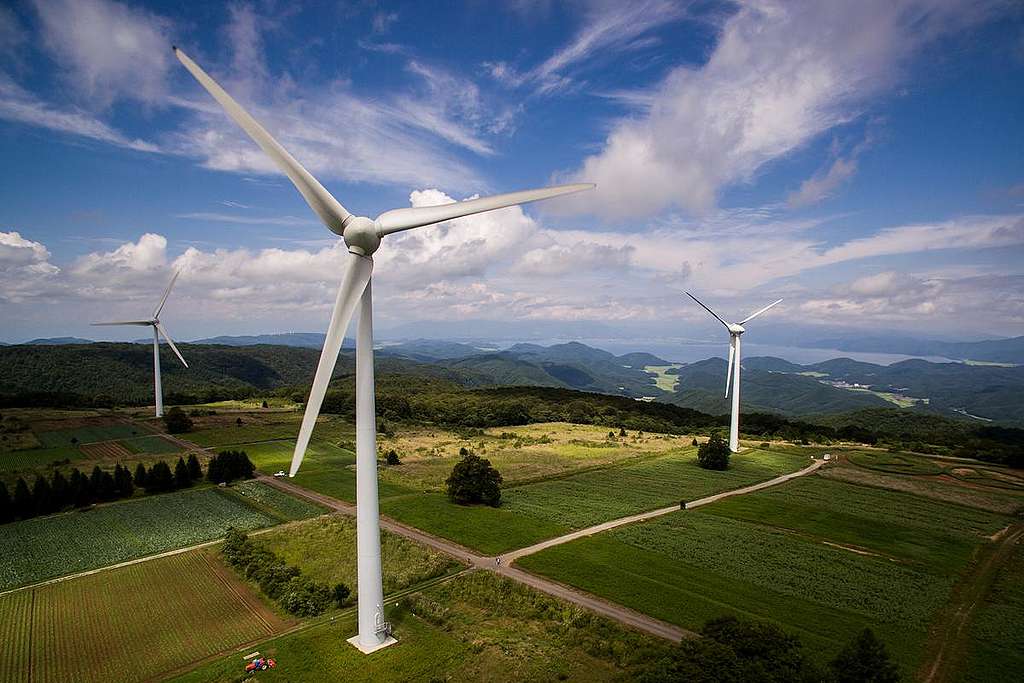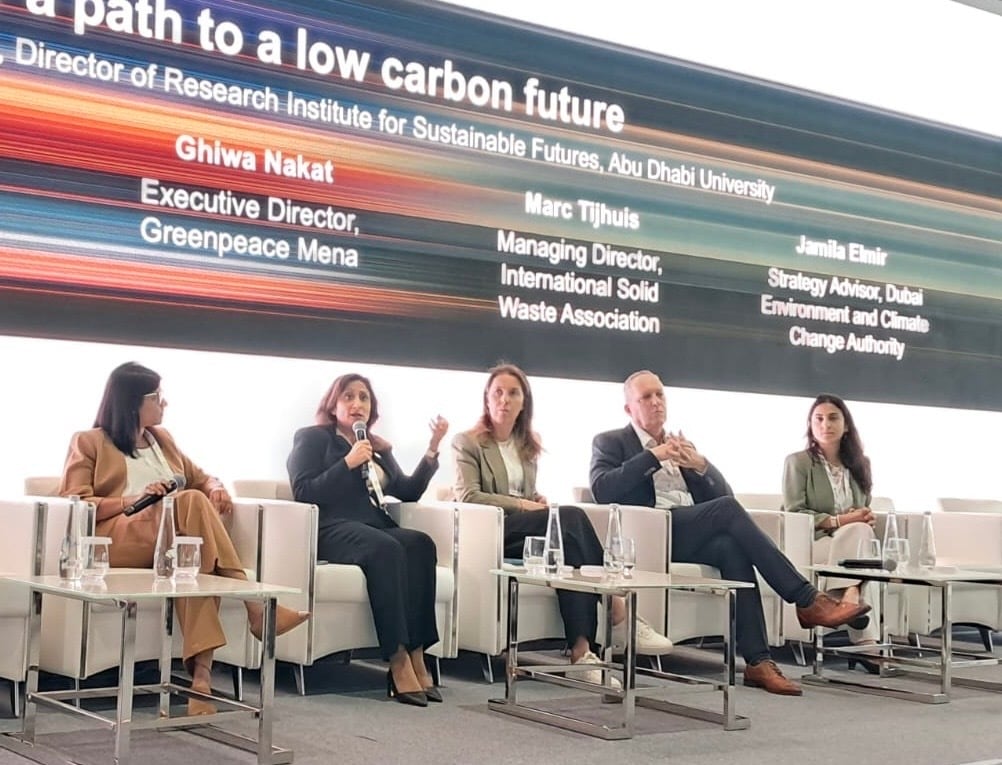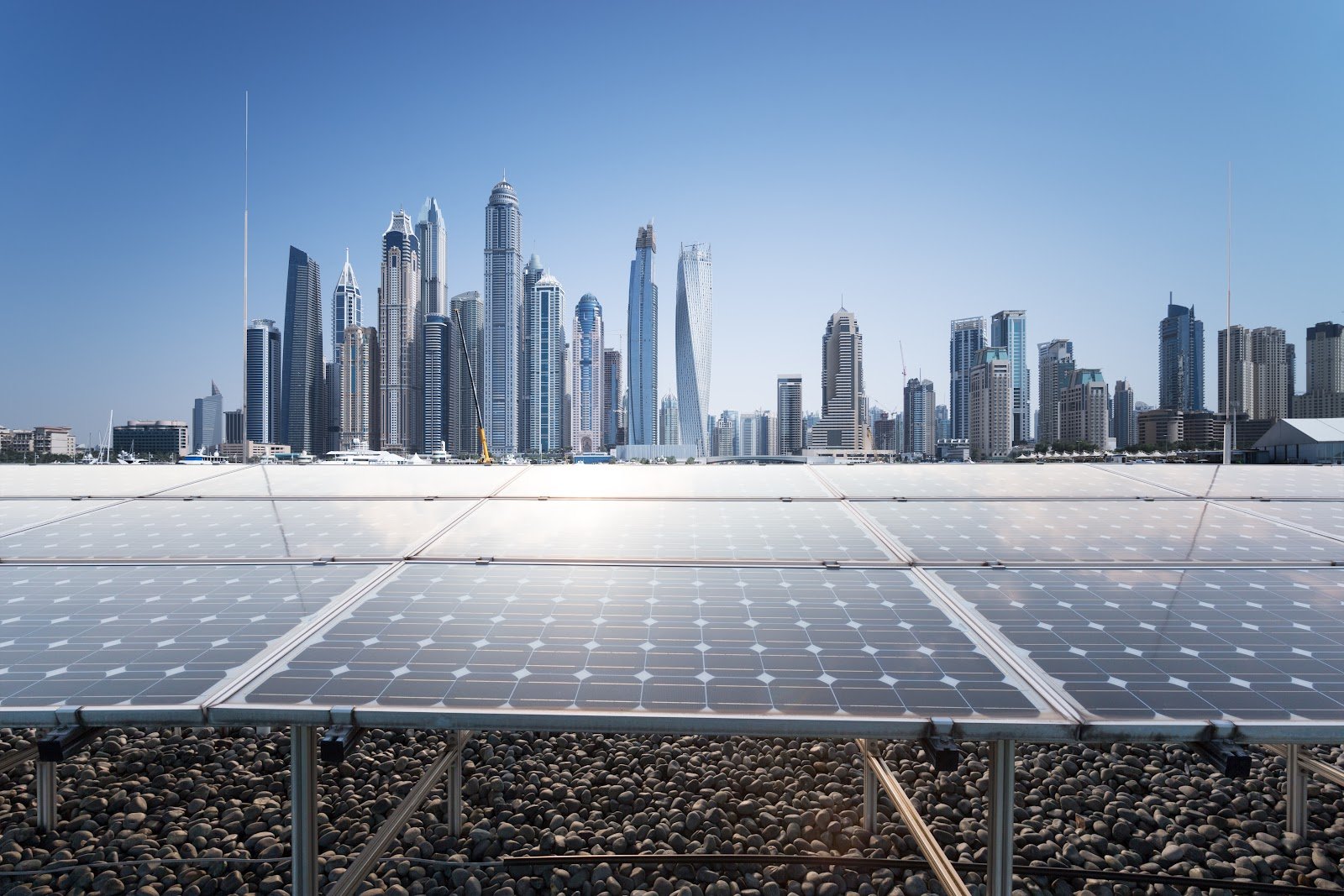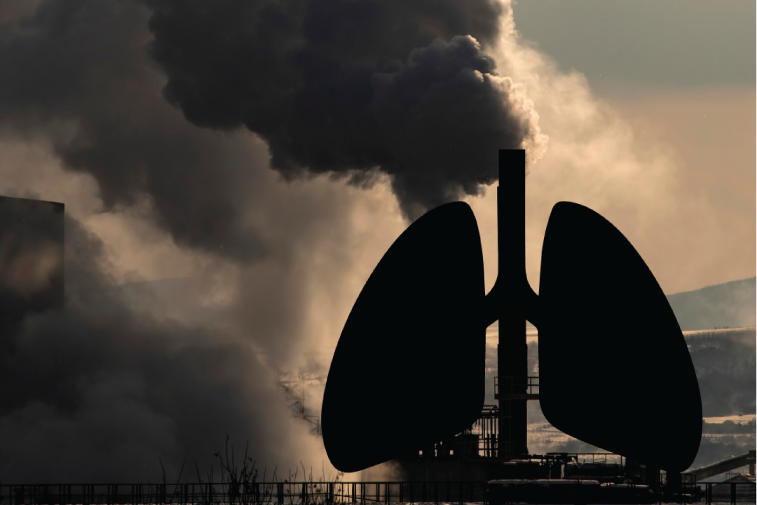Greenpeace MENA published a global report today entitled “Toxic Air: The Price of Fossil Fuels,” including figures that reveal the massive health and economic cost endured by countries due to their reliance on fossil fuels, which pollute the air and increase disease and mortality rates. The report also sheds light on the solutions that can protect our health and benefit our societies.
The number of premature deaths in MENA countries is estimated at 65,000, as a result of air pollution due to fossil fuels. The estimated average number of premature deaths in Lebanon as a result of air pollution due to fossil fuels was 2,700 in 2018 – that is, at a rate of 4 deaths per 10,000 people, which is one of the highest rates in the region, along with Egypt’s.
“These frightening numbers reveal a hidden and unknown health crisis and sound the alarm about the high levels of air pollution in Lebanon, which put the health and life of every Lebanese citizen at risk,” Greenpeace MENA Programme Manager Julien Jreissati said, adding that “air pollution exposes our societies to chronic diseases, such as heart disease, diabetes, chronic obstructive pulmonary disease and lung cancer, thereby making us more vulnerable to respiratory system viruses, such as COVID-19.” In fact, numerous studies have reported strong evidence confirming that long-term exposure to air pollution increases the severity of COVID-19 contraction, as well as related deaths.
In addition to health impacts, the report also revealed the economic cost borne by countries around the world as a result of air pollution. The annual cost in Lebanon reaches USD 1.4 billion, which is the equivalent of 2% of the country’s GDP. This, too, is one of the highest rates in the region, along with Egypt’s.
“In a country that is on the brink of an economic collapse, this cost puts additional pressure on the finances of Lebanese citizens and their government and reveals an entirely new aspect of our economic crisis. Our general budget makes no mention of this issue, despite the fact that it requires prompt and immediate measures by the government,” Jreissati said.
Jreissati added that “the COVID-19 crisis has made it clear that air quality and the environment can quickly recover if strict measures are taken to remove the sources of air emissions and pollution. Therefore, we are calling for serious investments in renewable energies, rather than wasting our time debating which lethal and polluting power plants should be built first. We must focus on renewable energies, as they contribute to creating new job opportunities, thereby strengthening our economy and preserving the health of our society.”
It must be noted that Greenpeace had published a report in July, 2019, entitled “No More Excuses: Time to go Renewable,” in response to the electricity sector plan put forward by the Lebanese Ministry of Energy and Water last year. In the report, Greenpeace proposed an alternative scenario that relies on renewable energy resources and energy efficiency. The report confirmed that more reliance on renewable energy resources would result in additional economic, environmental and health benefits.
Now, more than ever, Lebanon needs to focus on citizens’ health and the environment as two major pillars in any plan seeking to contribute to the country’s economic recovery. Jreissati concluded by saying: “We call upon the Lebanese government, particularly the Minister of Energy, to develop, adopt and implement an ambitious renewable energy plan as a fundamental step towards reducing the primary sources of air pollution and to save the country!”
Additional Information to the Editor:
- Air pollution due to fossil fuel combustion, particularly coal, oil and gas, is associated with 4.5 million premature deaths around the world – a figure more than three times higher than the number of deaths caused by car accidents.
- The global cost of air pollution due to fossil fuel is estimated at USD 2.9 trillion annually, which is nearly 3.3% of the global GDP. The diseases linked to exposure to fossil fuels around the world lead to economic losses of roughly USD 101 billion annually.
- China, the United States and India are responsible for the highest levels of air pollution due to fossil fuels around the world, at a cost of nearly USD 900 billion, USD 600 billion and USD 150 billion, respectively.
- For the Middle East and North Africa region (MENA), Egypt, Saudi Arabia and the United Arab Emirates bear the highest costs from fossil fuel air pollution at an estimated US$6.9 billion, US$6 billion and US$5.9 billion per year, respectively.

More than 90% of the world’s population suffers from toxic outdoor air. Air pollution is estimated to cause more than 7 million premature deaths worldwide each year.
Join Us


